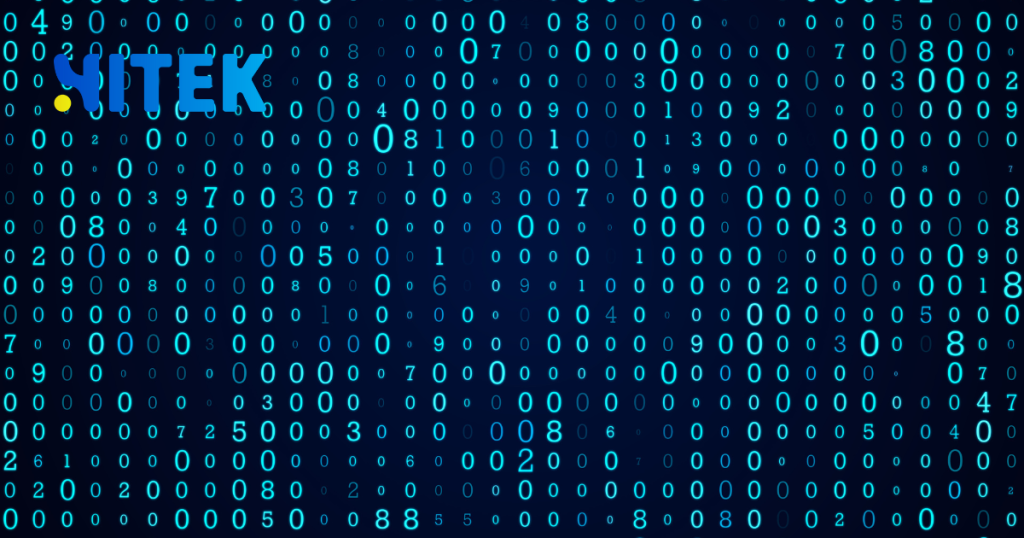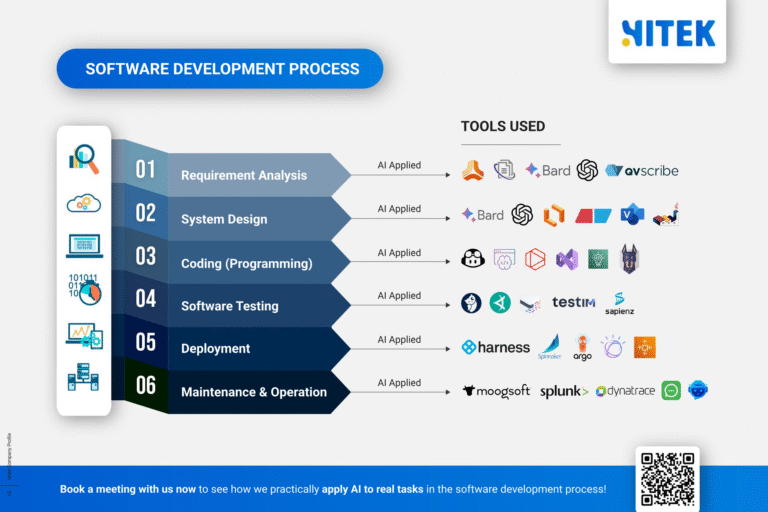When it comes to web development, choosing the proper framework can feel like navigating a maze. For developers in Australia, where the tech industry is booming and innovation is key, the decision carries even more weight. Enter Flask, a lightweight Python web framework that has been making waves in the developer community. But is Flask the right choice for your next project? Let’s break it down.
Contents
ToggleWhat is Flask?
Flask is a micro web framework written in Python. Unlike its more opinionated counterpart, Django, Flask is minimalist and flexible, allowing developers to build applications their way. It’s often described as a “micro” framework because it doesn’t come bundled with many built-in features like authentication or database management. Instead, it provides the essentials and lets you add what you need through extensions.
This approach makes Flask appealing to developers who want control over their application’s architecture. Whether you’re building a small personal project or a scalable web application, Flask’s simplicity and versatility make it a strong contender.
Why Flask Stands Out for Web Development
1. Lightweight and Flexible
Flask’s minimalist design is one of its biggest strengths. It doesn’t impose a specific way of doing things, allowing developers to choose their tools and libraries. This flexibility is ideal for custom projects where you must tailor the stack to your requirements.
For example, if you’re building a REST API for an Australian startup, Flask’s simplicity can help you get up and running quickly without unnecessary overhead.
2. Easy to Learn and Use
Flask’s straightforward syntax and extensive documentation make it beginner-friendly. If you’re familiar with Python, picking up Flask is a breeze. This ease of use is particularly valuable for Australian developers starting their careers or transitioning from other languages.
3. Scalable for Small to Medium Projects
While Flask is often associated with small projects, it’s more than capable of handling medium-sized applications. With the right extensions and architecture, you can scale Flask to meet the demands of growing businesses. For instance, companies like Pinterest and LinkedIn have used Flask for specific components of their platforms.
4. Strong Community Support
Flask boasts a vibrant community of developers who contribute to its ecosystem. From tutorials to open-source extensions, there’s no shortage of resources to help you troubleshoot or enhance your projects. In Australia, local meetups and online forums provide additional support for Flask enthusiasts.
When Flask Shines (and When It Doesn’t)
Best Use Cases for Flask
- Prototyping and MVPs: Flask’s simplicity can save you time and effort when testing an idea or building a minimum viable product (MVP).
- Microservices: Flask is popular for building microservices due to its lightweight nature.
- Custom Web Applications: Flask is a great fit when you need full control over your application’s architecture.
Limitations of Flask
- Larger, Complex Projects: Django might be a better option for applications that require built-in features like admin panels or authentication.
- Steeper Learning Curve for Advanced Features: While Flask is easy to start, integrating extensions and managing dependencies can become complex as your project grows.
Flask vs. Other Frameworks: A Quick Comparison
| Feature | Flask | Django | FastAPI |
|---|---|---|---|
| Type | Micro-framework | Full-stack framework | Asynchronous framework |
| Flexibility | High | Moderate | High |
| Learning Curve | Easy | Moderate | Moderate |
| Built-in Features | Minimal | Extensive | Minimal |
| Best For | Small to medium projects | Large, complex projects | APIs, real-time apps |
Flask in the Australian Context
Australia’s tech scene is thriving, with cities like Sydney, Melbourne, and Brisbane emerging as innovation hubs. For Australian developers, Flask offers several advantages:
- Cost-Effective Development: Startups and small businesses can benefit from Flask’s low overhead and quick setup, reducing development costs.
- Integration with Local Tools: Flask integrates seamlessly with popular Australian tech stacks, such as AWS and Google Cloud, which are widely used in the region.
- Support for Remote Work: Flask’s simplicity makes it an excellent choice for distributed teams, a typical setup in Australia’s remote-friendly work culture.
Tips for Getting Started with Flask in Australia
- Leverage Local Resources: Join Australian developer communities like Meetup or PyCon Australia to connect with other Flask users.
- Explore Flask Extensions: Enhance your projects with extensions like Flask-SQLAlchemy for database management or Flask-WTF for form handling.
- Host on Australian Servers: Use local hosting providers like Digital Pacific or VentraIP to ensure fast load times for your Australian audience.
Final Thoughts: Is Flask Good for Web Development?
Flask is a powerful tool for developers who value flexibility, simplicity, and control. While it may not be the best fit for every project, its lightweight design and extensive ecosystem make it an excellent choice for small—to medium-sized applications, prototypes, and microservices.
For Australian developers, Flask’s ease of use and cost-effectiveness align well with the needs of startups, small businesses, and remote teams. Whether you’re building a personal project or a scalable web application, Flask offers the tools and freedom to bring your ideas to life.
Ready to try Flask? Please start with the official Flask documentation and explore its potential for your next project.
Are you an Australian developer using Flask? Share your experiences or questions in the comments below! Let’s build a thriving Flask community Down Under.









